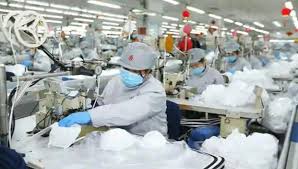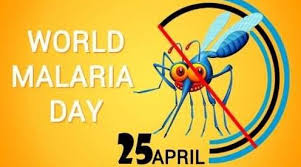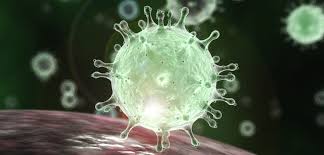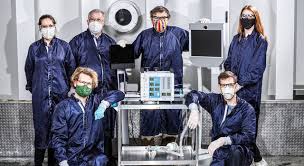
The Department of Science and Technology (DST) has approved support for large scale production of organic-inorganic hybrid nanocoatings for disposable masks developed by Dr Viswanatha R from Jyothy Institute of Technology, Bengaluru under the DST Nano Mission.
Daily Current Affairs Quiz 2020
Key-Points
The N95 masks are capable of filtering out all types of particles, including viruses and bacteria. These masks are expensive and need prior training as standard practice before using it. Inexpensive disposable masks have several limitations.
These often get wet through salivary droplets, body fluids, and sweat. The wet masks attract the microorganisms and act as a breeding ground for those organisms to multiply in number.
This will affect the person wearing it and get easily infected. Being disposable, these medical masks, when discarded, generate medical waste.
Also, the wearer of the mask is prone to touch the surface of the mask frequently to adjust his mask or to scratch the itch which contaminates the mask.
It is expected that the Nano-coatings on the mask will address the problem by offering a hydrophobic coating on the surface of the masks, preventing it from wetting.
It will disinfect the pathogens that come in contact with the nanocoated surface. The nanocoating will be easily scalable, safe, and economical and is highly effective against the COVID-19.





